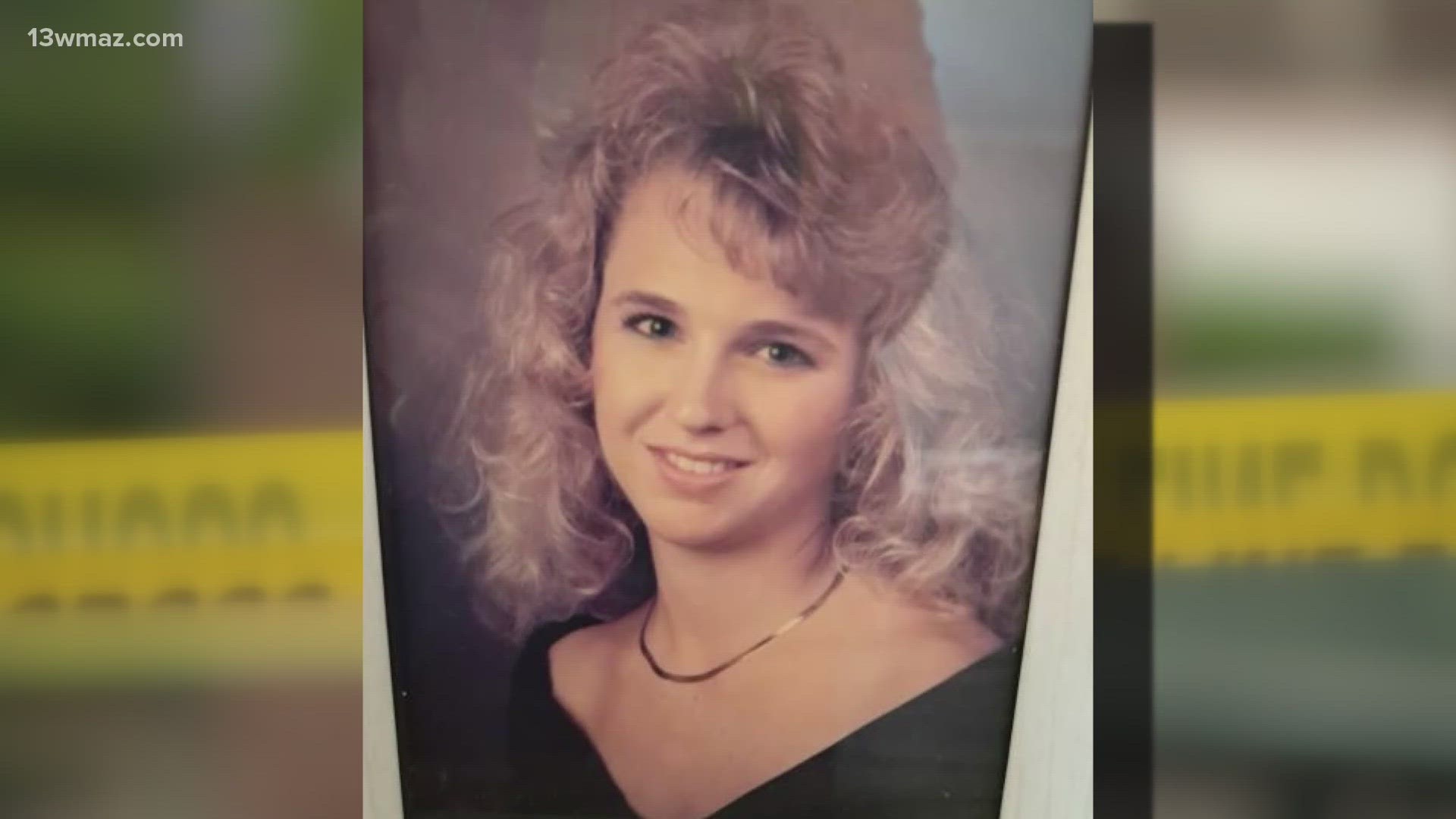MACON, Ga. — A new Georgia law allows families of homicide victims to request law enforcement agencies to look again into long-unsolved cases. Governor Brian Kemp signed the cold-case investigation bill into law last week. Georgia's new cold-case law is called the Coleman-Baker Act, to honor families like Rhonda Coleman's. She was murdered in May 1990.
"Rhonda's mother and I have lived through it all these years, and you don't know what we've went through unless you've been through it yourself," Milton Coleman, Rhonda's father, said.
Rhonda Coleman was just 18 years old a couple weeks from graduating high school.
The night that she was killed, she was coming back from a senior gathering.
"I said, 'Look, if you're going to be a few minutes late, pick up the phone and call daddy,' and she would always do that," Milton said.
But that night, she never made it back home.
"She was on the way home somebody stopped her, and kidnapped her and murdered her," Milton Coleman said.
Under this new law, law enforcement can reopen and use new technology that could solve those cases. Sean Kipe, the creator and host of the Fox Hunter podcast, told the Colemans about how there should be a cold-case law.
"It gives families an avenue for information that says, 'Hey, we are still putting eyes on this case. We do still care,'" Kipe said.
Before this, law agents volunteered to check on cold cases for families.
"To go 10 or 20 or 30 years sometimes without information, I can't imagine how frustrating and hurtful that has to be," Kipe said.
According to the GBI, they have more than 100 unsolved cold cases.
"This bill not only has the possibility of helping us, but it has the possibility of helping a lot more people," Milton Coleman said.
This law opens up different avenues for families looking for closure.
"When you can't get any closure, then it's just lingering on. You cannot get any closure at all, it just lingers and lingers," Milton Coleman said. He says his daughter always wanted to help folks out, this bill does just that.
The bill provides more than $5 million for the GBI establish a cold-case unit.

